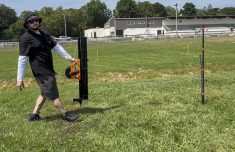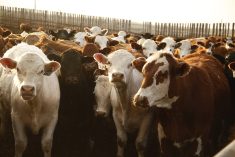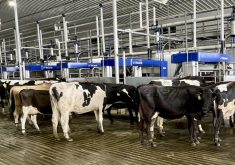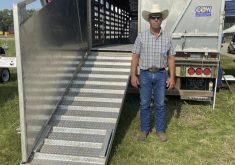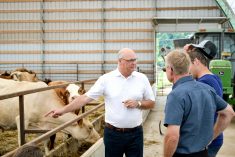A certified sustainable beef supply chain continues to have support from The Beef Farmers of Ontario.
“The Ontario Beef Quality Assurance rebate incentive program continues to provide BFO checkoff paying members with a 100 per cent rebate on their first time on a Verified Beef Production Plus audit, for members who become certified through the completion of training and the on-farm audit system,” said BFO president Jack Chaffe.
Why it matters: There are continued efforts to ensure Ontario cattle producers see direct benefits from the Ontario Beef Quality Assurance program.
Read Also
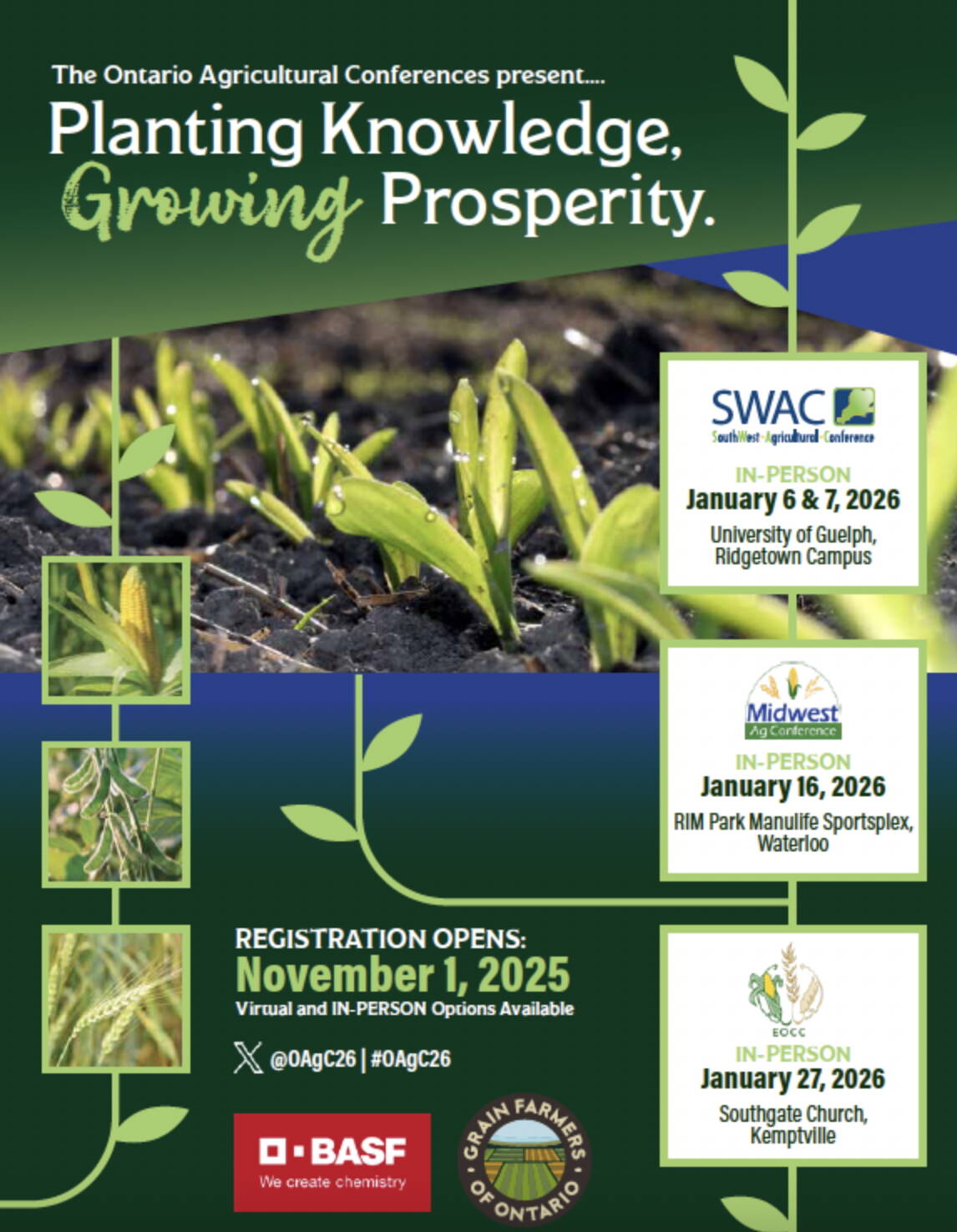
Ontario Agricultural Conference increases accessibility
The Ontario Agricultural Conference 2026 offers in-person and online access to expert insights, hands-on learning, and networking opportunities.
Chaffe said the program provides a 75 per cent rebate for producers who face a re-audit in 2023.
“We’re supporting this initiative and want to get more producers onto this program,” he said during the BFO annual general meeting in Toronto.
Emily Murray, Cargill’s North American protein demand plant manager, shared updates on the Canadian Roundtable on Sustainable Beef framework and on new Cargill initiatives.
She said participation in the CRSB’s Certified Sustainable Beef program isn’t a requirement or trademark but a program in which Cargill chose to invest, in partnership with its customers.
With five years of the program under their belts, Murray said it’s time to recognize the effort producers invest up front by providing a more efficient credit payment system.
“We want to incentivize increased sourcing of cattle through qualified Cargill facilities,” said Murray. “So, we’re continuing to look at other ways to improve the reliability and financial reward to enable better business planning for your operations.”
To that end, Cargill will implement two structural changes. The first is a shift from quarterly payments to monthly producer credit payments.
Aligning payments more closely with the sale of qualified cattle will lower individual payments, but increased frequency and reliability should provide better financial stability for producer planning, she said.
Additionally, Cargill partnered with the CRSB to announce the Certification Recognition Credit in the first quarter of 2023, issued over and above the existing Cargill Qualifying Cattle Credits for paid cattle processed in 2022.
The incremental payment ensures all certified operations that maintained their CRSB-certified status through 2022 and into 2023 will receive a minimum of $400 in total annual credit payments relative to Cargill’s 2022 certified beef supply.
“We recognize the efforts you guys are making to get audited and to do your best to encourage cattle to stay in a fully audited, certified sustainable supply chain,” Murray said.
Ear tag reports on program cattle will be provided to Cargill’s direct suppliers to replicate certified sustainable beef chains.
Chaffe said he knew about the recognition credit but was pleasantly surprised by the qualified ear tag announcement.
“I didn’t know until today about the ear tag information coming back, and that’s something that we’ve asked for,” said Chaffe. “I know on our feedlot … every animal that can go through (the CSRB program) is a plus to the system.”
Cargill is analyzing the flow of data and information about cattle qualification status, operation certification status and certified sales opportunities.
Murray said Cargill won’t initiate anything that could hurt the program’s credibility for customers, consumers, suppliers and producers.
“We’d love to get to a point where it’s readily available for everybody with ear tags that qualify,” she said. “(We have) legal coming in and helping us be as credible and thorough with our data protection and respect for our suppliers and supply chain as possible.”
The challenge of ensuring data is available to the right people at the right time hasn’t been solved, but Murray said she hopes information from Cargill-supplied ear tags could be shared with direct suppliers soon.
The ear tag reports will be available in the next quarter, Murray said, adding Cargill is working with Ontario Corn Fed Beef, particularly feedlots in the program, to launch in the Ontario market.
“Those are two areas where we’re starting to make progress towards (the) ultimate goals of getting the value of the credit in your hands more reliably and more frequently,” she said.
“We are working in very close partnership with Ontario Corn Fed Beef, VBP+, CRSB, of course, and the CCIA (Canadian Cattle Identification Agency) and our data reporting partner to look at how we can all work together,” said Murray.






